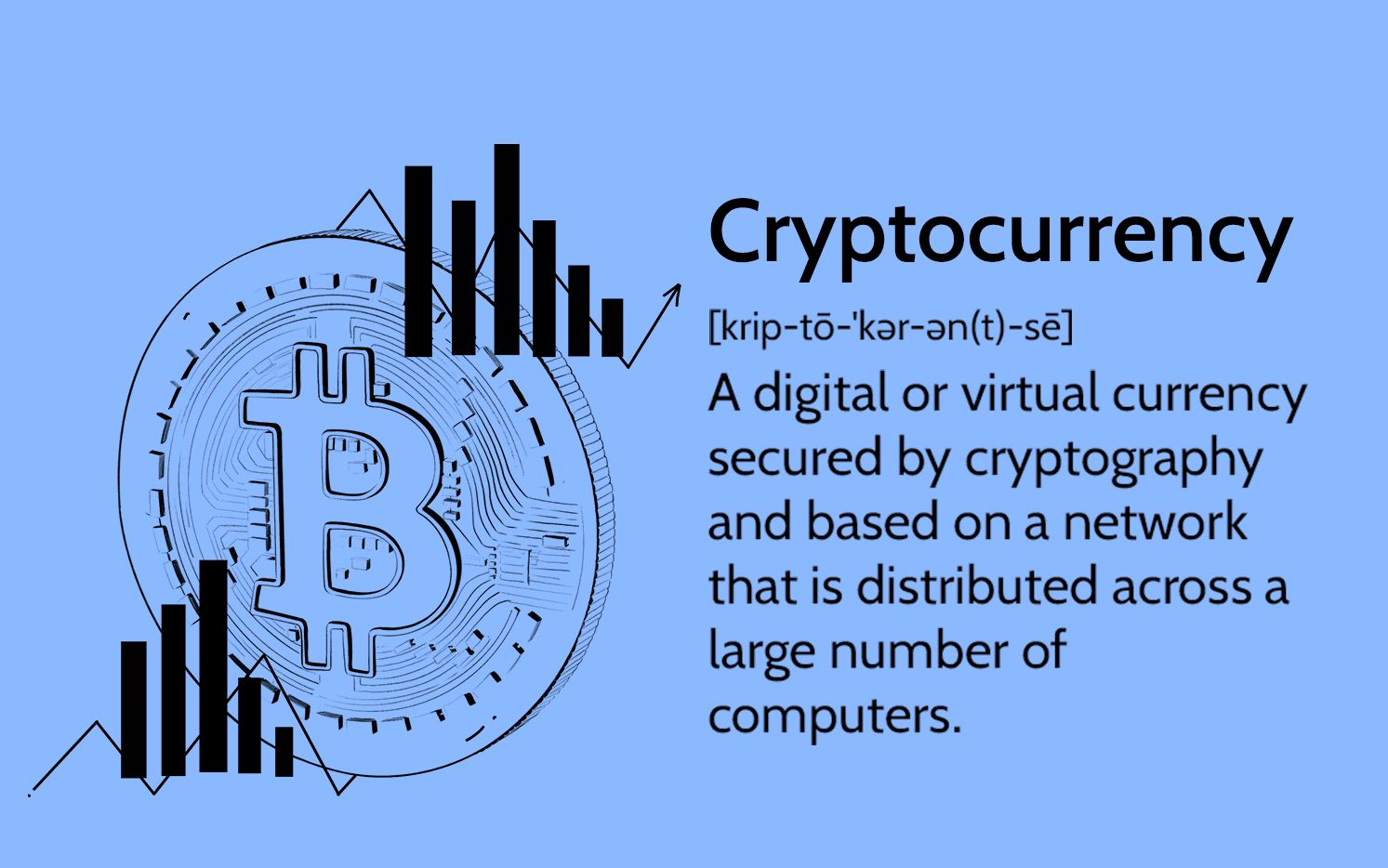Crypto currency

Cryptocurrency is a type of digital or virtual currency that uses cryptography for security, making it difficult to counterfeit or double-spend. It operates on a technology called blockchain, a decentralized network of computers (nodes) that securely records transactions. Unlike traditional currencies issued by governments, cryptocurrencies are typically decentralized and not controlled by a single entity or authority, which can make them appealing for individuals seeking financial autonomy or security against inflation in certain economies.
Key Characteristics of Cryptocurrencies:
1. Decentralization:
Most cryptocurrencies are decentralized and use blockchain technology to ensure that transactions are transparent and irreversible.
2. Security:
Cryptographic techniques secure transactions, helping prevent fraud and counterfeiting.
3. Anonymity and Pseudonymity:
While transactions are recorded on the blockchain, users' identities are often represented by alphanumeric addresses, preserving privacy.
4. Limited Supply:
Many cryptocurrencies, like Bitcoin, have a fixed supply, which can impact their value by making them resistant to inflation.
5. Global and Accessible:
They can be sent and received globally without the need for intermediaries, which can be faster and sometimes cheaper than traditional methods.
Popular Cryptocurrencies:
Bitcoin (BTC):
The first and most well-known cryptocurrency, launched in 2009 by an anonymous entity known as Satoshi Nakamoto.
Ethereum (ETH):
Known for its smart contracts, which allow developers to create decentralized applications (DApps).
Litecoin (LTC), Ripple (XRP), Cardano (ADA), and Solana (SOL) are also popular, each with unique features and goals.
Uses of Cryptocurrency:
Investment:
Many see it as a store of value or a way to hedge against traditional markets.
Transactions:
Some use it for peer-to-peer payments, especially across borders, to avoid high fees.
Smart Contracts and DApps:
Especially on platforms like Ethereum, allowing for the creation of decentralized applications and financial services (DeFi).
Risks and Challenges:
Volatility:
Cryptocurrency prices can be highly volatile, making them risky investments.
Regulation:
Many governments are still working to regulate or restrict the use of cryptocurrency.
Security Risks:
While cryptography secures cryptocurrencies, hacks on exchanges or individual wallets can lead to losses.
Environmental Concerns:
Proof-of-Work cryptocurrencies like Bitcoin use substantial energy, though newer models, like Proof-of-Stake, aim to be more energy-efficient.
Cryptocurrencies are still evolving, and their role in the global economy continues to grow as more use cases, technologies, and regulations develop. https://tinyurl.com/ye239cha

